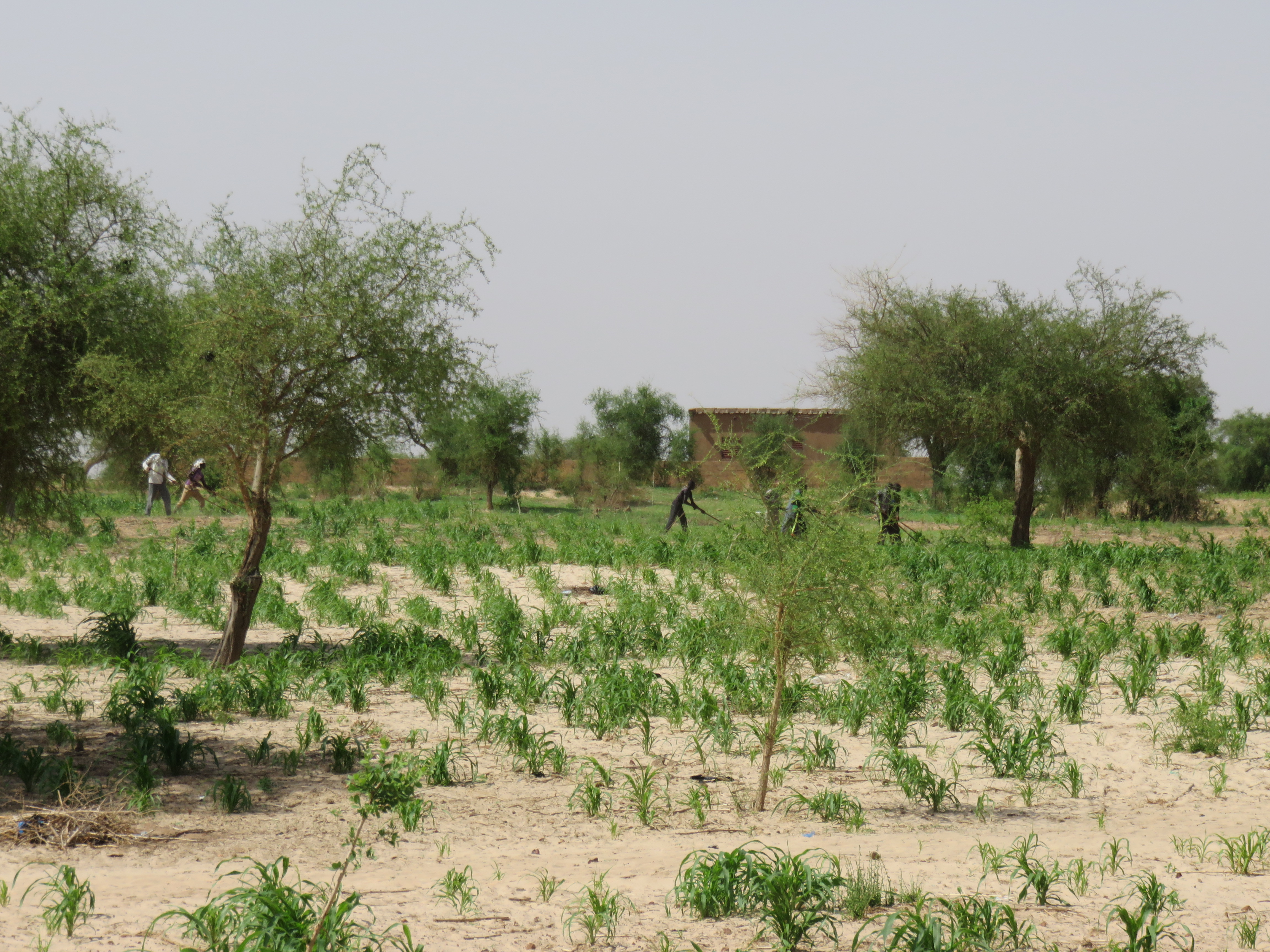
The Political Economy of Cotton Sector Reform in West Africa
A project led by Renata Serra
The cotton sector in West Africa
The Cotton Sector Reform project examines the political and institutional factors underpinning economic reforms in the cotton sectors of four major African cotton producers: Benin, Burkina Faso, Cameroon and Mali.
The research analyzes how political, social and cultural realities, at both national and local level, shaped the processes and outcomes of cotton sector reforms in the chosen countries, producing distinctively different trajectories. In all four countries, the reform goals and modalities associated with the “Washington consensus” (cost reduction, efficiency, privatization, liberalization) were modified, adapted or selectively rejected, under the influence of government political priorities, historically determined socio-economic features of rural areas, and local perspectives about reform objectives.
As our in-depth fieldwork research reveals, these local realities are crucial in determining the feasibility of given policy choices, yet they remain often hidden from prevailing policy debates on economic reform. This is due to the persistence of policy paradigms that regard ingrained local realities more like an obstacle to reform rather than an essential element to take into consideration. Such neglect has been most obvious in the case of Benin and Mali, where policy recommendations hardly fit the local context, were poorly implemented, or were actively resisted by stakeholders, in turn leading to worse cotton sector performance. When the logic of reform processes incorporated local realities, as in Burkina Faso until 2006, Cameroon until 2009 and briefly in Mali during 2008-11, policy consensus was enhanced and outcomes were more sustainable and poverty-reducing.
By providing a detailed analysis of how governance works in practice within cotton sectors, this research thus aims to contribute to a better understanding of the politics of economic reform, and of the conditions under which donor recommendations may be more adapted to the local context and more supportive of developmental outcomes.
Institutional framework
The project is part of the Africa Power and Politics Programme, an international research consortium headed by the Overseas Development Institute (London UK) and funded by the UK Department for International Development and the Consortium for Irish Aid (2007-12).
The research project is directed by Dr. Renata Serra, and benefitted from the valuable collaboration of Dr. Jonathan Kaminski (independent researcher based in France) who coordinated the work in Burkina Faso and in Cameroon. In each case we have worked closely with a country team composed of the following researchers:
- Benin: Dr. Borgui Yèrima (LARES), assisted by Sanni Gansari (LARES) and Fabien Affo (LASDEL)
- Burkina Faso: Dr. Yiriyibin Bambio (University of Ouagadougou) assisted by Julien Songanaba in Burkina Faso
- Cameroon: Dr Jean Enam and Dr Denis Pompidou Folefack (both from IRAD, Institute of Agricultural Research for Development)
- Mali: Bourèma Koné (IER, Institute of Rural Economics) assisted by Moussa Coulibaly and Mahamadou Moro in Mali.
Outputs
Serra, R. 2014. Cotton sector reform in Mali: explaining the puzzles. The Journal of Modern African Studies 52(3), 379-402.
Kaminski, J., Serra, R. 2011. “Endogenous economic reforms and local realities: Cotton policy-making in Burkina Faso.” APPP Working Paper 17.
Serra, R. 2012 “Policy-makers’ incentives and policy trajectories: Comparing cotton sector reform in four African countries.” APPP Working Paper 23.
Serra, R. 2012. “Motivation des dirigeants et trajectoires politiques: Comparaison de la réforme du secteur cotonnier dans quatre pays africains.” APPP Working Paper 23 (French).
Serra, R. 2012 “Beyond Farmers’ taxation: A second-best perspective on cotton sector reforms.” APPP Working Paper 24.
Serra, R. 2012. “Reforming Africa’s cotton economies: ‘A second best approach.’” APPP Policy Brief 8.
Koné, B., Serra, R. 2011. “Normes, institutions et configurations politiques dans les reformes du coton en Afrique de l’Ouest: le cas du Mali, Analyse de 13 villages.” APPP Background Paper 8.
Kaminski, J., Tiemtoré, A., Bambio, Y. 2011 “Normes, Institutions et Configurations Politiques dans les Reformes du Coton en Afrique de l’Ouest: cas du Burkina Faso, Analyse de 13 villages.” APPP Background Paper 9.